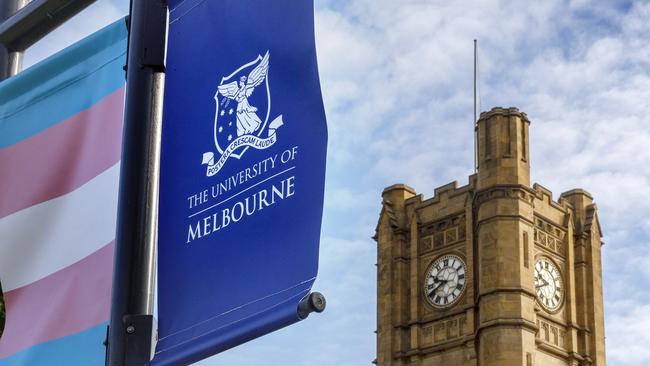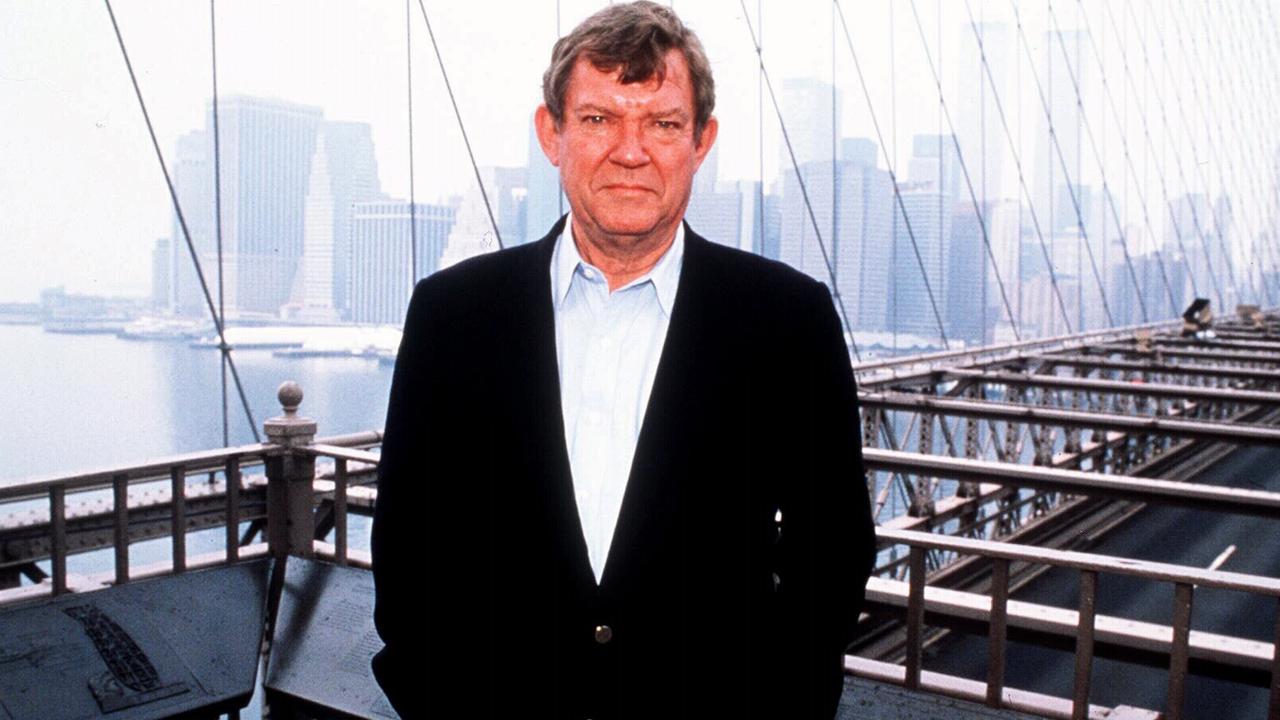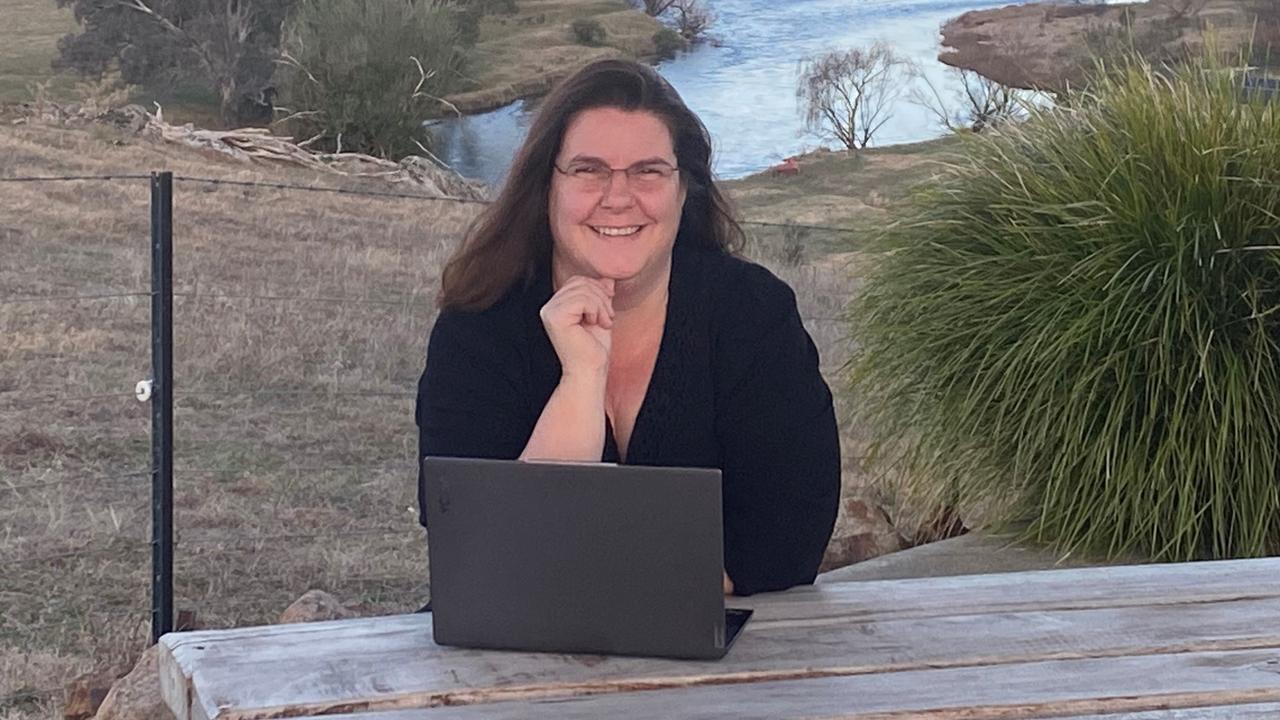University of Melbourne urges Yes vote in Indigenous voice referendum
The University of Melbourne has joined the handful of universities that are urging a Yes vote in the voice referendum.

The University of Melbourne has joined the handful of universities urging a Yes vote in the referendum to amend the Constitution to include an Aboriginal and Torres Strait Islander voice to parliament.
In a statement on Tuesday the university said its governing council and its executive, “affirm their support for the Uluru Statement from the Heart and the Yes position in the referendum”.
The university said it “fully respected” that not everyone would vote Yes and that it would facilitate “informed public debate” on the issue.
The statement backed freedom of inquiry and the free expression of ideas which, it said, were “fundamental to the mission of the University of Melbourne”.
“All members of our community are entitled to engage in robust, evidence-based and respectful expression of their views and the university provides a safe place for expressing differing opinions,” the statement said.
The University of Melbourne’s backing for a Yes vote follows the University of Tasmania’s public support announced last week. Its chancellor, Alison Watkins, said the University of Tasmania had a “deep commitment to voice, truth and treaty as expressed in the Uluru Statement of the Heart”.
“We recognise that this is an important aspiration of Indigenous Australians and expresses their commitment to strengthening our democracy,” she said.
Two other universities – UNSW and the University of Wollongong – have officially backed a Yes case in the referendum. University of SA vice-chancellor David Lloyd has expressed his support for a Yes vote and urged universities not to “sit on the fence”.
At the University of Sydney, vice-chancellor Mark Scott has personally given strong support to a Yes vote, but the university itself has not done so. In a statement, the University of Sydney said it was “carefully following the voice referendum debate, and considering our institutional position, in consultation with our community.”
Responding to the University of Melbourne’s support, federal opposition education spokeswoman Sarah Henderson said that “role of education institutions in our democracy is to teach Australians how to think, not what to think”.
“I trust that the university will honour its promise to facilitate an informed public debate and not influence academics and students, which would seriously compromise academic freedom and freedom of speech,” she said.
Senator Henderson has previously praised university representative body Universities Australia for taking a neutral position, saying it was the “right and proper” stance.
The Universities Australia board decided two weeks ago – in a position that was unaminously backed by the all universities at a plenary meeting – that the organisation would not back either side of the referendum, although two members of the board, Professor Lloyd and UNSW vice-chancellor Atilla Brungs, have spoken strongly in favour of Yes.
Another academic body, Science & Technology Australia, representing 115,000 members, has strongly backed the Yes case. “History has its eyes on us,” said CEO Misha Schubert.



